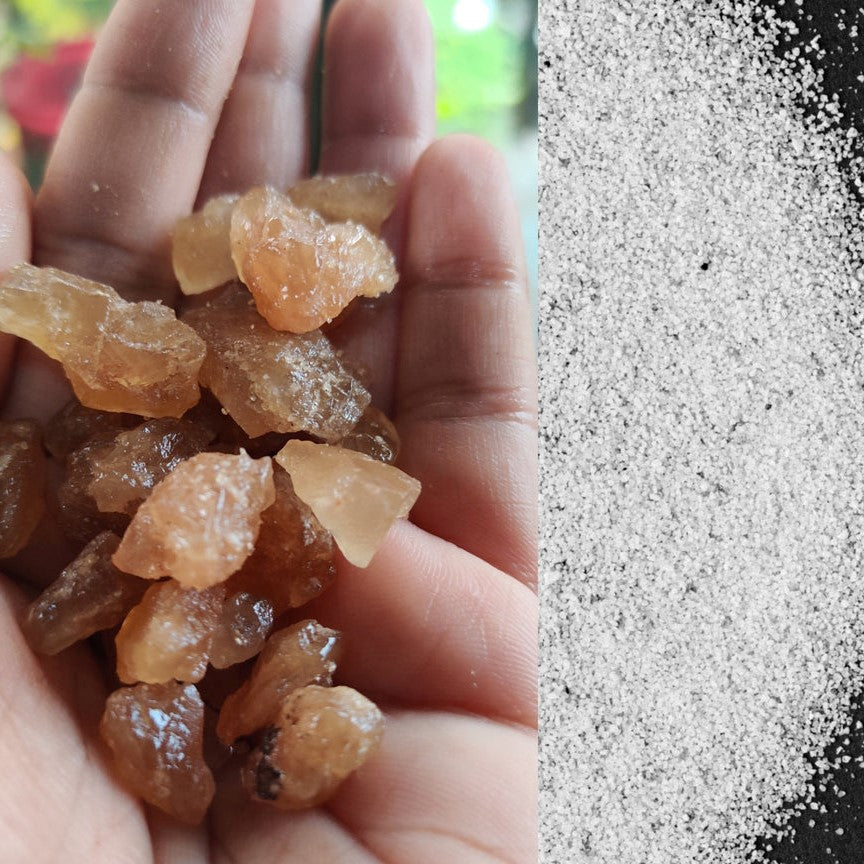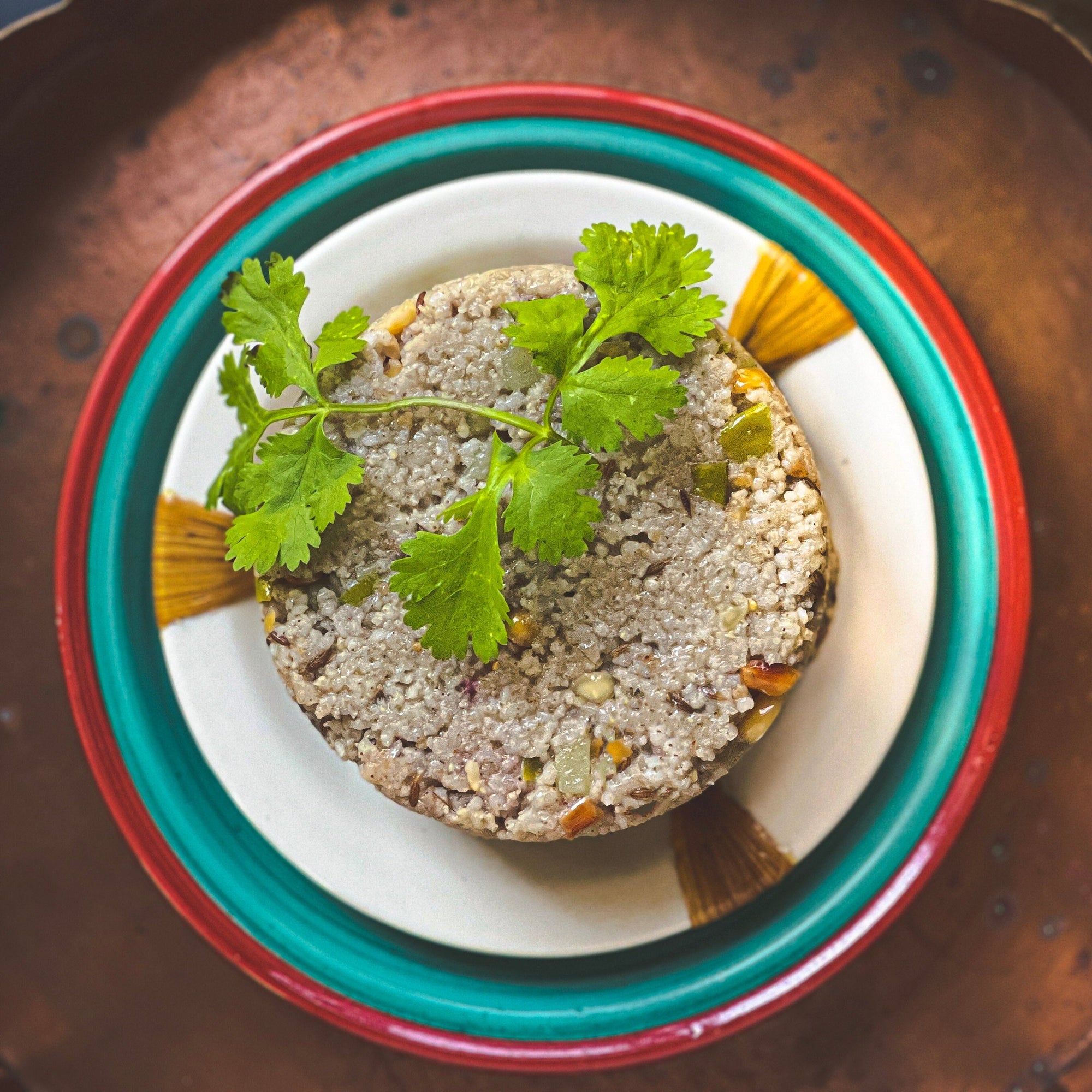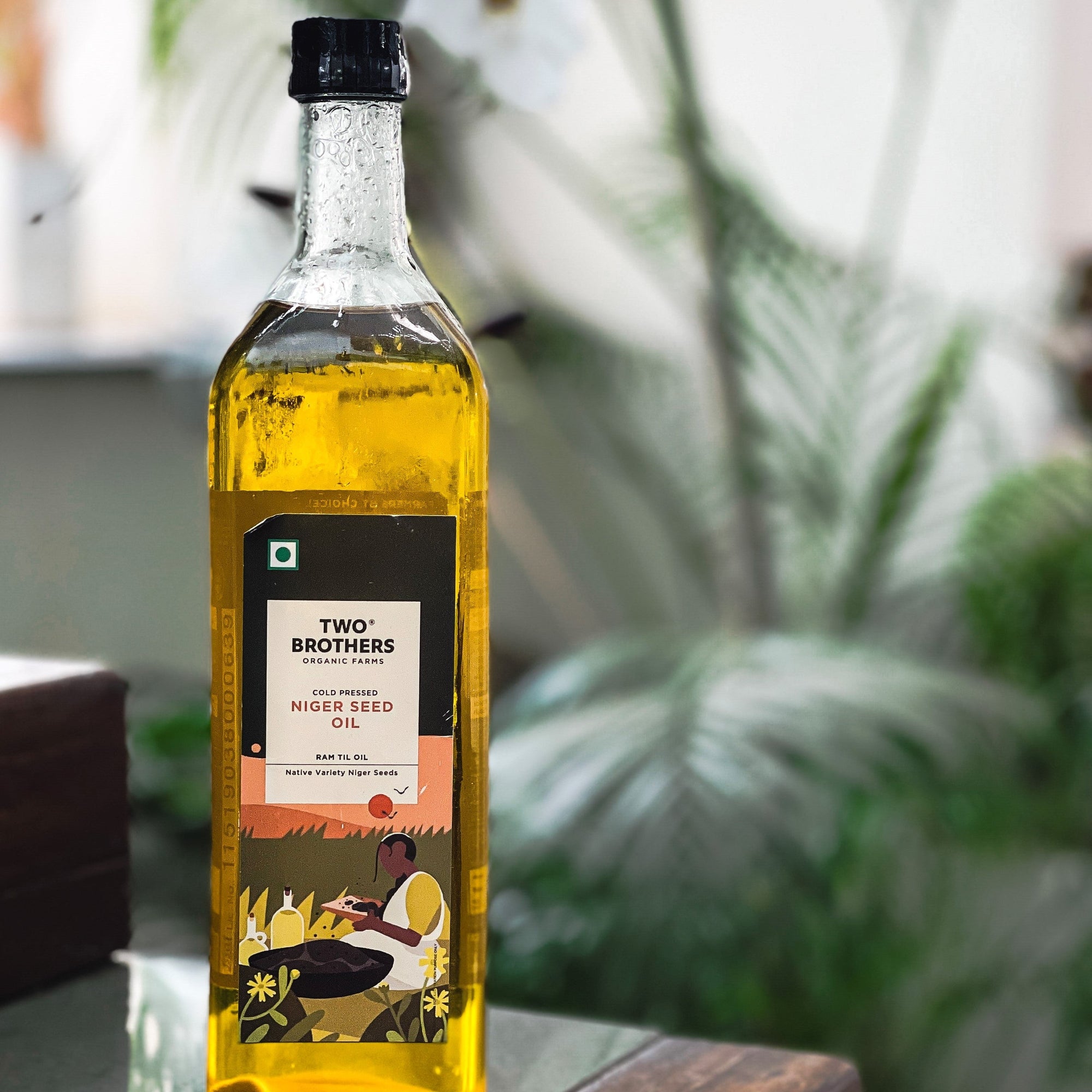What's the Difference Between Cold Pressed and Wood Pressed Oil?
For a growing number of Americans, it is crucial to comprehend and rediscover historic culinary techniques. We're studying the advantages of eating a more natural diet and the importance of preparing our meals with real ingredients. Cooking oil is just one of these necessary ingredients. Nuts and seeds derived from plants are used to extract oils, and the processes for doing so have changed over time. Wood pressing and cold pressing are two widely used techniques for extracting oil.
Oils that are cold-pressed or wood-pressed each have special qualities and benefits. We'll discuss the variations between these two kinds of oils, their advantages for health, and how to use them in different recipes in this blog.
Knowing the Fundamentals of Oil Extraction
Let's review the fundamentals of oil extraction before delving into the distinctions between wood-pressed and cold-pressed oils. Different methods are used to extract oil from seeds or nuts, and each has advantages and disadvantages of its own.
Historically, techniques like wood pressing were used to obtain oil. Using a wooden pestle, the seeds or nuts were crushed, and the oil was then collected in a wooden container. The oil's inherent antioxidants and minerals were preserved by this labor-intensive, lengthy procedure. It did, however, take a significant amount of time and effort.
On the other hand, contemporary methods like cold pressing employ machinery to extract oil at low temperatures—usually below 50 degrees Celsius (122 degrees Fahrenheit).
This process maintains the oil's original flavor, fragrance, and nutritional content. While cold pressing is seen to be a more practical and effective technique, not all of the advantages of wood-pressed oils may be retained.
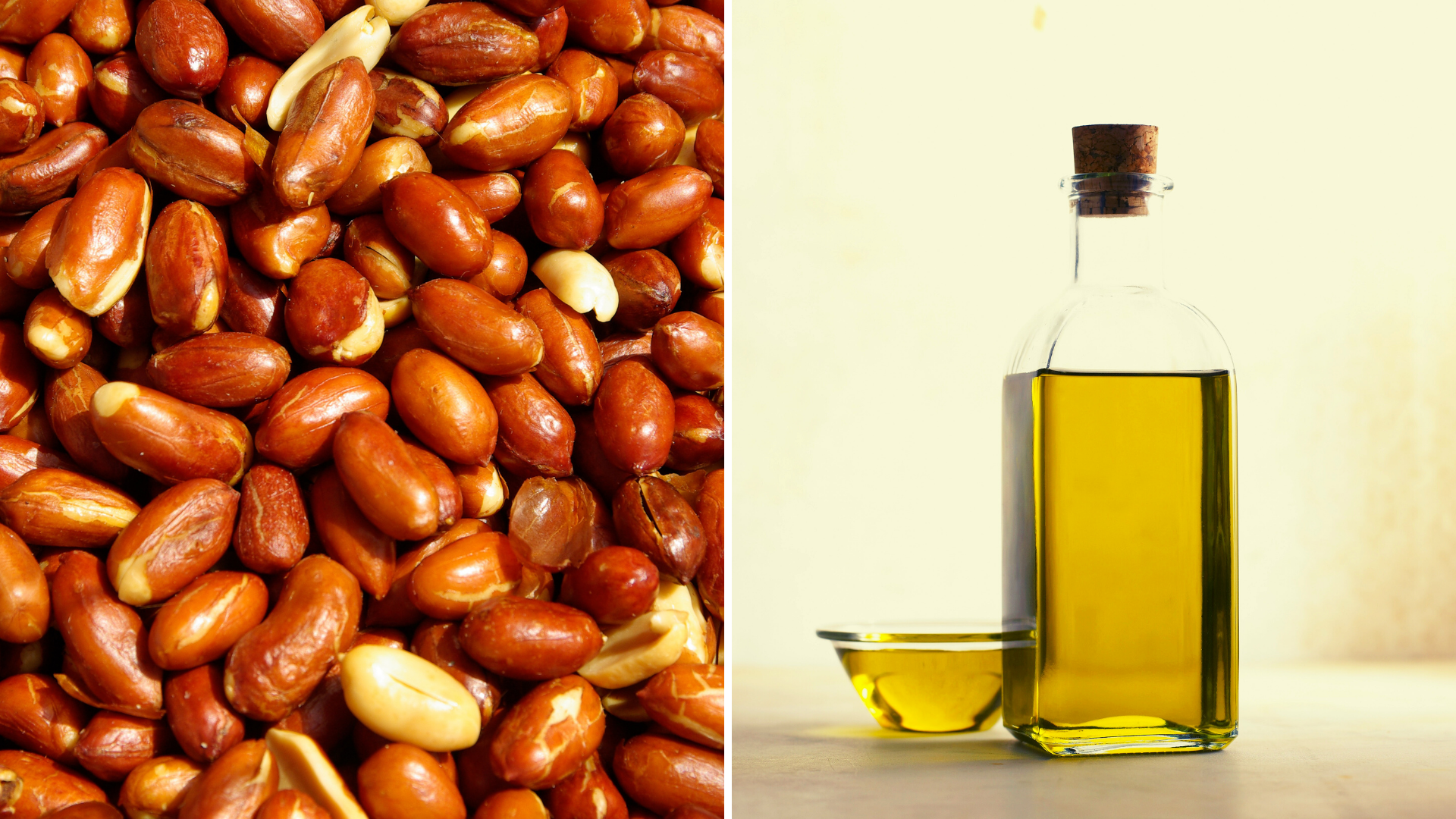
The Conventional Approach to Wood Pressing
An oil extraction technique that dates back centuries is wood pressing. It entails crushing nuts or seeds with a wooden pestle and collecting the oil in a wooden container. The wooden press is rotated and steered manually during the process, frequently with the assistance of cattle.
To extract the oil, the nuts or seeds are crushed with a wooden pestle. To catch the oil as it is released, place the wooden container underneath the pestle. The long extraction process of this approach is well-known for preserving the oil's natural antioxidants and nutrients.
The benefits of wood pressing include maintaining the oil's nutritional value and yielding a premium product. It is a labor-intensive procedure, though, and it takes a lot of time and effort. By comparison, wood pressing yields comparatively less when compared to contemporary extraction techniques.
Steel has been included into the expellers as a modification to wood pressing procedures over time. Although these changes result in more oil being produced, they also produce more heat, which may have an impact on the oil's nutritional content and quality.
The Cold Pressing Method in the Modern Era
Cold pressing is a contemporary method of oil extraction that has grown in favor recently. Without the use of heat or chemicals, cold pressing is the process of extracting oil from seeds and nuts using mechanical pressure.
The seeds or nuts are crushed at a low temperature, usually below 120 degrees Fahrenheit (49 degrees Celsius), during the cold pressing process. People who are concerned about their health will choose this oil because of its natural nutrients, flavor, and scent, which are preserved at this low temperature.
Additionally, cold pressing reduces oxidation, preserving the inherent antioxidants and nutritional value of the oil. Because the oil is extracted at a low temperature, its quality and purity are preserved, making it ideal for use in a variety of applications such as hair care, skincare, and cooking.
The absence of additives, preservatives, and contaminants in the oils produced by the cold pressing technique is well-known for improving their overall quality. Natural and health-conscious consumers frequently opt for cold-pressed oils since they are seen to be of superior quality when compared to other extraction techniques.
The Advantages of Wood-Pressed Oils for Health
Wood-pressed oils are a preferred option for many consumers due to their numerous health benefits. Because they preserve the natural nutrients found in the seeds and nuts, these oils are well-known for their nutritional advantages.
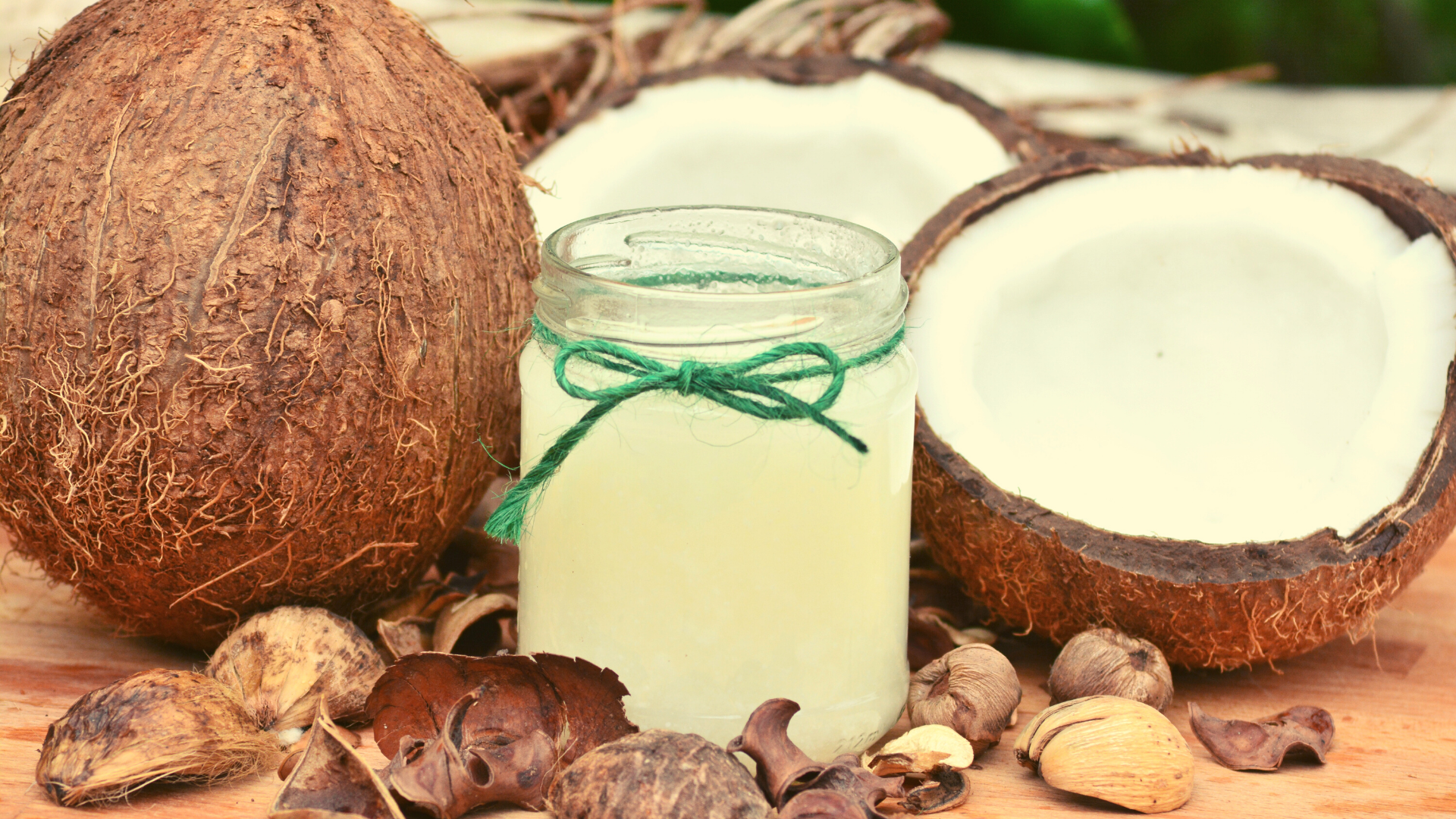
Preserving Nutrients in Wood-Pressed Oils
The retention of organic ingredients is a major benefit of wood-pressed oils. Since the oil is extracted without the use of heat or chemicals, the traditional method of wood pressing guarantees that the oil preserves its nutritious integrity.
The low temperature aids in maintaining the natural nutrients in the nuts and seeds during the wood pressing process. This comprises the important fatty acids, vitamins, and minerals that are necessary for sustaining healthy health.
Wood-pressed oils retain natural nutrients and are also a great source of antioxidants.
These antioxidants are essential for maintaining general health, lowering the risk of chronic diseases, and neutralizing damaging free radicals in the body.
People can take advantage of the antioxidants and nutritional value of wood-pressed oils, which makes them a healthier choice for daily use and cooking.
The Benefits of Wood-Pressed Oils for Cooking
Because wood-pressed oils maintain their original flavor and nutritional value, they are the best for cooking. The traditional extraction method, which preserves the oil's inherent ingredients, uses a hardwood pestle to ensure little heat generation. This process preserves the oil's high smoke point, which makes it perfect for cooking at high temperatures without sacrificing the oil's quality.
Wood pressing provides a cleaner and healthier alternative to some contemporary methods that use chemicals and high heat to produce cooking oil.
Examining Cold-Pressed Oils' Benefits
Because they are extracted at low temperatures, cold-pressed oils preserve more of their natural tastes and nutrients. This is only one of their many benefits. They can be cooked at high temperatures without losing nutritional value thanks to their high smoke points. Cold-pressed oils are less processed and contain no additives, making them a better choice than oils extracted with heat or chemicals. These oils are a better option for customers who are concerned about their health because they also include vital fatty acids and antioxidants, which support general wellness.
The quality and purity of oils that are cold-pressed
Because natural nutrients and flavor are preserved during the low-temperature extraction process, cold-pressed oils have higher purity and quality. This mild process ensures greater nutritional integrity and a longer shelf life by avoiding high heat, which can change the content of oil. Cold-pressed oils preserve their natural antioxidants and vital fatty acids by eschewing harsh chemicals and high temperatures, which makes them a healthier option in terms of both taste and quality overall.
Cold-Pressed Oils in Contemporary Nutrition and Health
Because of their exceptional nutritional integrity and numerous health benefits, cold-pressed oils have become increasingly popular in contemporary diets and wellness regimens. The natural minerals and antioxidants in these oils are preserved since they are extracted without being subjected to high temperatures. Including cold-pressed oils in your diet improves flavor and supports health in general. They are perfect for a variety of culinary techniques because of their high smoke point, which supports a healthier way of living.
The Principal Distinctions Between Cold-Pressed and Wood-Pressed Oils
The overall quality of wood-pressed and cold-pressed oils is affected by the major differences in processing methods. Using a wooden pestle, wood pressing preserves the natural nutrients and flavor because it's a low-temperature traditional approach. By way of mechanical extraction without the use of heat, cold pressing produces oils that have a higher smoke point while maintaining their nutritional value. It is essential to comprehend these distinctions in order to choose the ideal oil for your cooking and health requirements.


The Effects of Processing Methods on Oil Quality
The method used to process wood-pressed oil differs from cold-pressed oil processing processes, and this difference in technique greatly affects the oil quality. Natural nutrients and flavors are preserved through the use of a wooden pestle in a smaller circle of wood in traditional wood pressing.
Cold pressing, on the other hand, uses low temperatures to preserve nutritional integrity, extract oil, and create high-smoke-point oils. These methods have a direct effect on the oils' general quality and health benefits.
Comparison of Flavor, Aroma, and Nutritional Value
The flavor, aroma, and nutritional value of wood-pressed oil should be taken into account when contrasting it with cold-pressed oil. Because wood-pressing oils are extracted using hardwood pestles, they frequently have a more powerful and distinct flavor profile. Conversely, because cold extraction preserves vital minerals and antioxidants, cold-pressed oils have a higher nutritional content. While cold-pressed oils have a lighter and more airy perfume, wood-pressed oils have an earthy, deep aroma.
Popular Wood-Pressed Oil Types
A Basic Ingredient in Traditional Cooking: Coconut Oil
Because of its many uses and health advantages, coconut oil has long been a mainstay in traditional cookery. It is perfect for a variety of culinary applications due to its high smoke point. Coconut oil's flavor and natural nutrients complement both savory and sweet foods. To maintain the nutritional integrity of coconut oil, it is traditionally extracted using wooden collectors. Coconut oil continues to be a well-liked option for enhancing overall quality and flavor in traditional cuisines, with a large variety of goods accessible.
Sesame Oil: Packed with Taste and Health Advantages
Rich in flavor and packed with health advantages, sesame oil is unique. Sesame oil is a multipurpose ingredient that can be used to enhance food with its unique flavor or to support general health. Rich in nutrients like heart-healthy fats and antioxidants, it strengthens the immune system and promotes heart health. Sesame oil is a well-liked option for holistic wellbeing since it is also well-known for nourishing skin and hair. To reap all of sesame oil's benefits, use it into your cooking and beauty regimen.

Popular Cold-Pressed Oil Types
Olive Oil: A Cardiovascular Suggested Use
Because of its high content of monounsaturated fats, which raise good cholesterol and decrease bad cholesterol in the body, olive oil stands out as a heart-healthy option. Its abundant antioxidant content lowers the risk of heart disease and promotes heart health in general. Olive oil may be cooked at high temperatures without losing its nutritious value because of its high smoke point. Including extra virgin olive oil in your diet can help your heart and blood vessels operate better.
Avocado Oil: Ideal for Salads and High-Heat Cooking
The adaptability of avocado oil in high-heat cooking and salad dressing is noteworthy. It maintains stability at high temperatures without losing its nutritional value thanks to its high smoke point. With its distinct nutty flavor, this oil is a great complement to salad dressings. Because of its heat resistance, it's a great option for frying, sautéing, and searing. Rich in heart-healthy lipids and antioxidants, avocado oil enhances the flavor of your food preparations while also supporting heart health.
How Your Diet Can Include Both Cold-Pressed and Wood-Pressed Oils
Because wood-pressed oils maintain their nutritional integrity at higher degrees, it is a good idea to use them for cooking at temperatures between moderate and high. This will allow you to successfully incorporate both wood-pressed and cold-pressed oils into your diet. For maximum flavor and health advantages, use cold-pressed oils for dressings, dips, and drizzling over completed foods. Depending on the recipe and intended flavor profile, try experimenting with various oils such as avocado, sesame, coconut, and olive. You can make scrumptious and nourishing dishes by learning about the distinctive qualities of each oil.
Recipes Using Wood-Pressed Oils
Because wood-pressed oils have a lower smoke point, use them in low-to-medium-heat cooking to get the most out of them.
To preserve these oils' nutritional integrity, keep them out of the heat and direct sunshine. To add a wonderful aroma to your dishes, try sautéing and stir-frying using wood-pressed coconut oil. Try experimenting with new kinds, such as groundnut or sesame oil, to offer extra health benefits and distinctive flavors to your regular cooking practice.
Cold-Pressed Oils for the Care of Skin and Hair
The benefits of cold-pressed oils for skin and hair care are substantial. These oils preserve more of their inherent nutrients and antioxidants because the extraction procedure was carried out at low temperatures. Cold-pressed oils are famous because of their high smoke point and purity, which can be used for healthy skin or hair, respectively.
The fact that they have no artificial flavors or preservatives and have a natural scent adds to their ability to keep skin and hair looking beautiful.
Conclusion
Selecting between wood-pressed and cold-pressed oils requires knowledge of their extraction processes, advantages for health, and effects on the environment. While cold-pressed oils provide purity and quality that meet contemporary wellness standards, wood-pressed oils are superior at retaining nutrients and increasing tastes for cooking.
Including both kinds in your diet will improve both your cooking and skincare regimens. Think about sustainability, taste profiles, and economics before making a purchase. Delicious meals can be enjoyed while contributing to a greener planet by selecting oils that support your values and health objectives.
Frequently Asked Questions
Why Is Cold-Pressed Oil Not the Same as Wood-Pressed Oil?
In order to preserve nutrients and tastes, wood-pressed oil is extracted by conventional techniques that entail pressing seeds or nuts through a wooden press. Cold-pressed oils, on the other hand, are extracted without the use of heat, protecting vital nutrients and enzymes. Both approaches have unique benefits to take into account for cooking and health.
Can I Use All Cooking Purposes for Both Types of Oils?
Both cold-pressed and wood-pressed oils can be used in a variety of culinary applications. Because of their unique flavors and nutritional profiles, cold-pressed oils are more suited for salads and low-heat meals than wood-pressed oils, which are excellent for high-heat cooking.
For the Longest Shelf Life, How Should I Store These Oils?
Wood-pressed and cold-pressed oils should be kept out of the heat and light in a cool, dark place to extend their shelf life. After each usage, firmly close the bottles to avoid oxidation.


